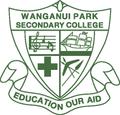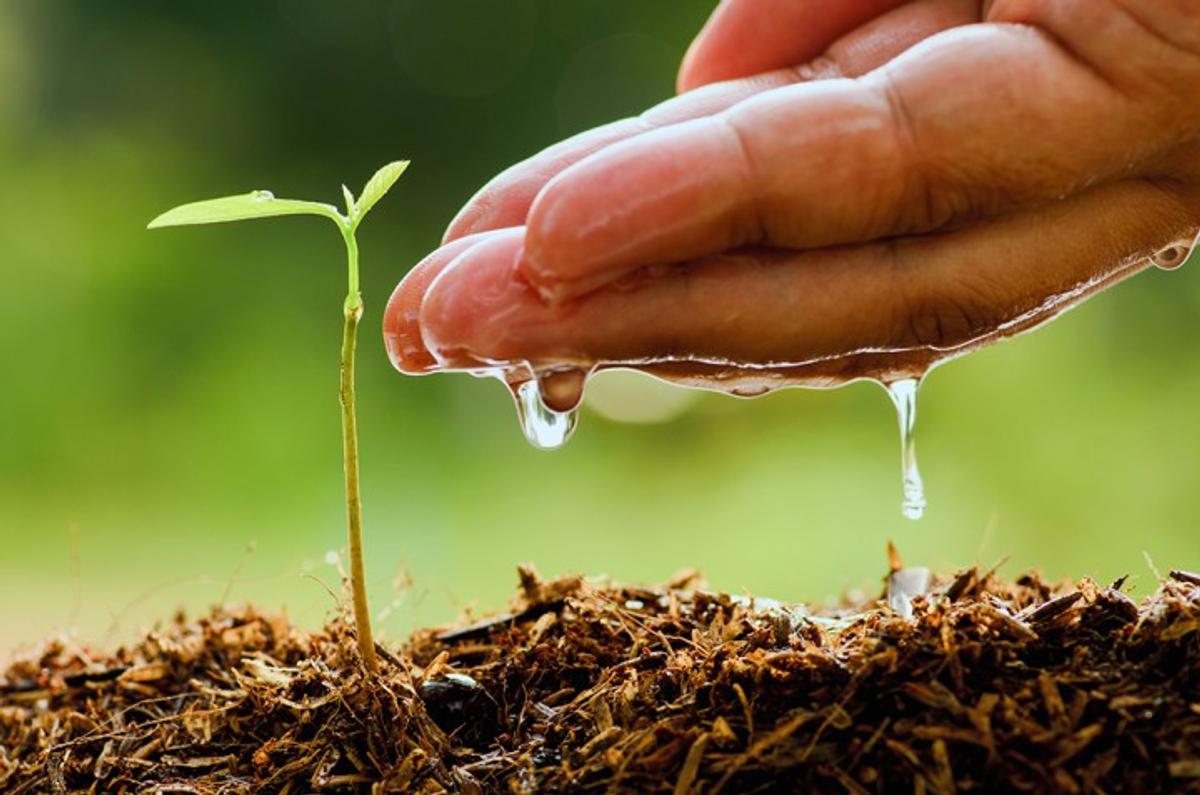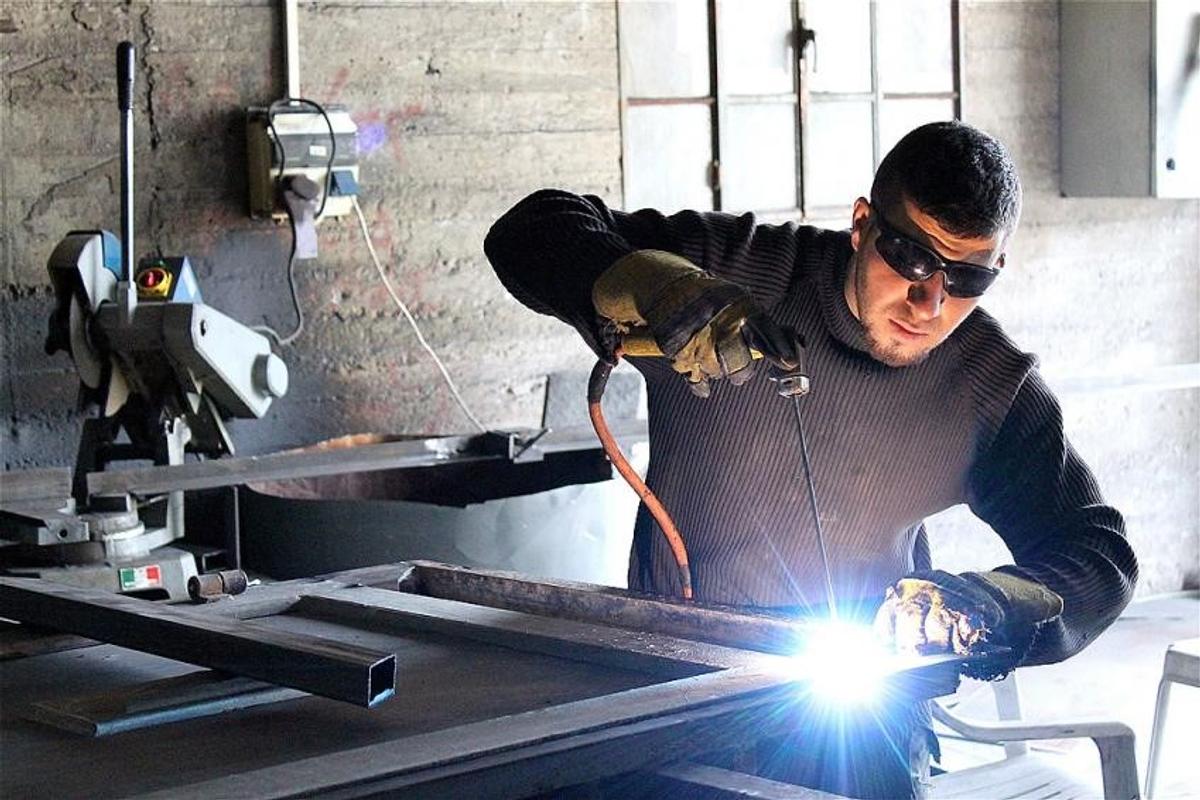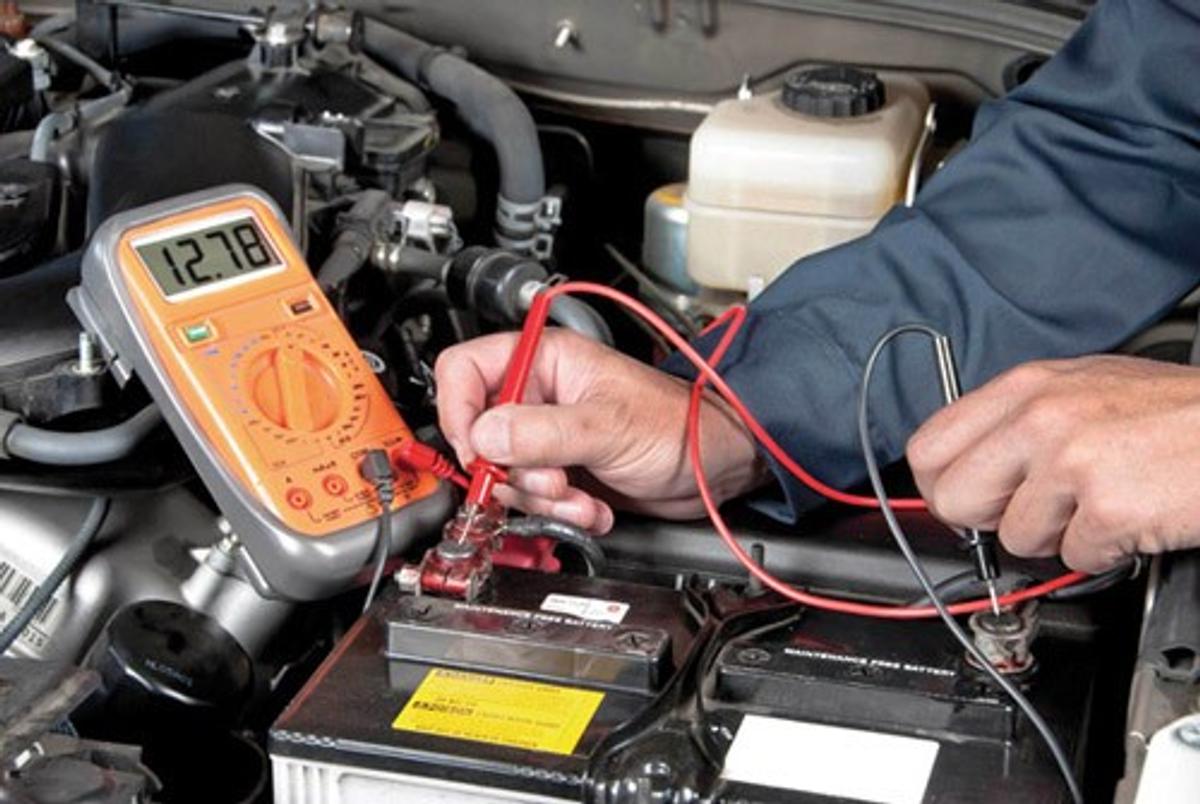Careers

Wanganui Park Career News
Events coming up
Thurs. 22nd June & Fri 23rd June – Year 10 Careers classes visiting La Trobe Shepparton campus (in class excursion)
3rd & 4th July - Animal and Veterinary Science MyDay, Charles Sturt University, Wagga Wagga, http://bit.ly/2kVYa5R
3rd – 6th July - RMIT Experience Days, register ASAP, http://bit.ly/2qRca05
3rd – 7th July - Medical Laboratory Tours, RMIT, Melbourne, http://bit.ly/2s41XRa
4th, 5th & 6th July - Experience La Trobe University, Shepparton (4), Bendigo (5), Melbourne (6) http://bit.ly/2p07y7b
4th, 6th July - DeakInspire Days, Deakin University, Burwood (4), Geelong Waurn Ponds (6), http://bit.ly/2r0rbh5
4th, 11th July - Experience Day, Australian Catholic University, Melbourne (4), Ballarat (11), http://bit.ly/2pb23CK
4th, 5th, 7th July - VCE Study Skills Day, Federation University, Gippsland (4), Berwick (5), and Ballarat (7), http://bit.ly/2s3DKKP
6th - 7th July - Year 11 UniExperience, University of Melbourne, http://bit.ly/2tj7u56
7th July - A Day at Melbourne, University of Melbourne, http://bit.ly/2qHYbxk
Agriculture isn’t just farming
It focuses on “the entire food chain, managing the environment and minimising the impact of human endeavours on natural resources”.
About 50% of all jobs in the agriculture industry are in capital cities. These jobs include environmental management, research, development, agribusiness and education.
The demand for agricultural science graduates is growing. Enrolments in agricultural courses rose between 15 – 20% nationwide in 2014 demonstrating an increased interest in the industry.
There is also an ongoing demand for agricultural science graduates with economics and management training, source- http://bit.ly/1FGtcP0
With four jobs for every graduate, 1 in 6 jobs in agribusiness and a starting salary on average of $60 000, studying agriculture is a very attractive option for students, source- http://bit.ly/Lu8cFR
Experts are needed in the areas of:
- Sustainable farming practices
- Land management
- Land conservation
- Climate change practices
- Food security
- Agricultural research and policymaking.
Students can specialise in areas such as:
- Economics, marketing
- Animal and plant biotechnology
- Catchment management
- Climate change impacts
- Crop management and production
- Plant and soil science
- Nutrition and feed production
- Sustainable production and consumption
- Water management, and
- Rural business practices
Courses: The following are examples of agriculture courses you can study:
- La Trobe University: You can study Agriculture and Technology, Agricultural Sciences, and Agribusiness, http://bit.ly/1FGtcP0
- University of Melbourne: You can study the Bachelor of Agriculture, http://bit.ly/1BWdaib
- University of Tasmania: You can study Agriculture and Business, Agricultural Science, and Agriculture, http://bit.ly/1cIeoa4
- Charles Sturt University: You can study Agriculture, Agricultural Science, Agricultural Business Management, and Ecological Agricultural Systems etc., http://bit.ly/1MkDAj6
- University of New England: You can study Agribusiness, Agricultural and Resource Economics, Agriculture, Agrifood Systems, Animal Science and Rural Science, http://bit.ly/1KSOtZc
- Longerenong College: you can study Agribusiness, Agronomy, Agriculture and Woolclassing, http://bit.ly/2sGcMcT
- Marcus Oldham: you can study Agribusiness and Agriculture, http://bit.ly/1wEGiuc
Resources
- Career Harvest, http://bit.ly/1f0m8jW
- Agrifood Careers, http://bit.ly/1MEcG6D
- Download the Science: Taking you places resource, which has a focus on primary industries- http://bit.ly/1S6hsh0
Rural Skills Australia - Rural Careers Guide, http://bit.ly/1i2mTt7
Changes to Teaching degree entry requirements
From 2018, all students will need to achieve a minimum ATAR of 65 to gain access to teaching degrees in Victoria. Some universities will have higher ATAR requirements. From 2019, the minimum ATAR will be 70. The universities you apply to will also have prerequisite study score requirements and some may require you to complete additional online testing.
It is also important to note that you will be required to complete and pass the Literacy and Numeracy Test for Initial Teacher Education Students before you graduate from your Bachelor degree. Some universities will require you to complete this test in the first semester of your course. For information, go to http://bit.ly/2sG8H8y and check with the universities you would like to apply to.
ACU’s – Early Achiever Program (EAP)
Build on your volunteering and leadership experience and explore your potential with ACU’s Early Achievers’ Program. If you regularly volunteer in your community – through your school, community organisation, or cultural or religious group – you could be eligible for the Early Achievers’ Program entry into an undergraduate degree.
If successful, you’ll receive an offer as early as August to study, and benefit from opportunities to enhance your leadership and volunteering skills while at ACU.
You can apply if you are currently in Year 12, if you are a non-recent school leaver (such as a mature-age student). Both domestic and international students can apply if you hope to enrol in a course at ACU.
For information and to apply, go to http://bit.ly/2kPLY2t
UNE – Early Entry Program (University of New England – NSW)
An ATAR or OP score is not the only measure of your ability to succeed at university. That’s why UNE has an ‘early entry’ program. UNE’s Early Entry recognises that your story is not best told by a number and ensures that you have the best opportunity to go to university.
UNE Early Entry is open to all year 12 applicants and relies solely on your school’s assessment of your attributes and abilities to determine your suitability for entry. The assessment is based around your ability to work and learn independently, as well as your overall potential for academic success at UNE.
Because UNE doesn’t need to wait to receive your ATAR or OP score, you can apply to UNE early, receive an offer and secure a place at university, even before scores are released. This gives you the certainty you need to begin making other arrangements such as where to live and finding part-time work to get ahead of the pack.
For information and to apply, go to http://bit.ly/2qXegLz
Why would you consider Vocational training?
Research shows that 4/5 parents would prefer their child to go to university after school over vocational education and that many young people and parents don’t understand the benefits of vocational education and training (e.g., TAFE, apprenticeships, traineeships). New research suggests that:
- 9 out of the 10 top occupations predicted to have the most jobs growth are in vocational training areas.
- The median full-time income for a vocational education graduate is $56,000 vs $54,000 for someone with a bachelor degree.
- Nearly eight in 10 vocational education graduates have a job soon after training, vs about seven in 10 university graduates; and
- More than nine in 10 trade apprentices have jobs after finishing training.
You can read the research report at this link - http://bit.ly/2tbWJRf
Book your school holiday University experiences now!
School holiday University experience days are ideal for Year 10-12’s for all sorts of reasons. They can help you prepare for assessment in VCE subjects you are currently completing. They can help you decide whether University is for you, or which one may be your preference. They can help you choose what you’d like to study. They can help you find out about what it will take to get into certain Universities or courses. They can help you choose your career. These school holidays there is a wide choice, including
DeakInspire Day:
Deakin University is running full day events at the Melbourne and Geelong campuses designed for Year 10 – 12 students to learn more about Deakin courses and programs.
Dates are as follows:
- Melbourne Burwood campus, Tuesday 4 July
- Geelong Waurn Ponds, Thursday 6 July
For information on the venues, speakers, workshops and to register your place, go to http://bit.ly/2r0rbh5
Experience La Trobe
Be a uni student for the day. Attend workshops, lectures and seminars, find out about career options, areas of study, pathways and student life. Come with your friends and parents and chat with our Student Ambassadors about what to expect at university.
Experience La Trobe is a free event – with lunch and entertainment provided.
- Melbourne Campus: 6 July
- Bendigo Campus: 5 July
- Mildura Campus: 7 July
- Shepparton Campus: 4 July.
For information on the venues and workshops and to register your place, go to http://bit.ly/2p07y7b
University Experience ACU
University Experience is a free program that gives you the opportunity to sample the degree of your choice. Get a taste of life at ACU by meeting academic staff and current students – and trying out the course you’re interested in.
If you're considering tertiary study for next year or in the future, University Experience provides the perfect chance to explore your study options by living a day in the life of an ACU student.
You can choose workshops from a range of ACU study areas, including nursing, midwifery, business, paramedicine, education, physiotherapy, psychology, public health, exercise science, theology and lots more!
For information on the venues and workshops and to register your place, go to http://bit.ly/2pb23CK
RMIT Experience Days
RMIT offers a number of free events designed for students from years 10, 11 and 12 to engage in hands-on workshops and explore life on campus while experiencing different aspects of discipline areas. If you're not sure which course you want to do, the RMIT Experience Days will give you the chance to dip your toe in a number of areas within a field. Engage in hands-on workshops; explore life on campus; mingle with current students; all while getting a taste of what it's like to study at RMIT in Experience Days.
For information on the venues and workshops and to register your place, go to http://bit.ly/2qRca05
Graeme Crosbie





